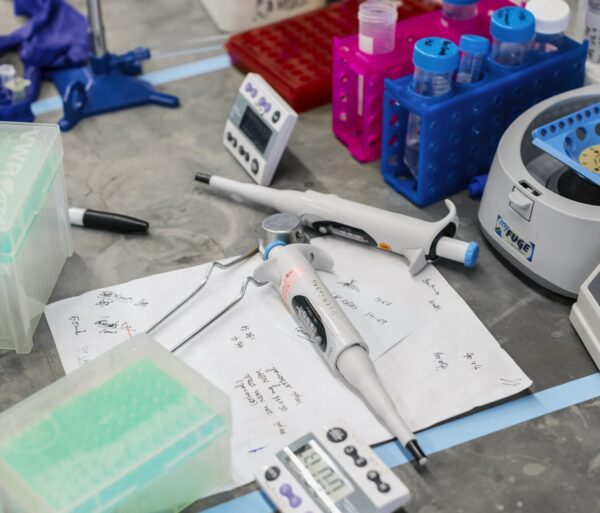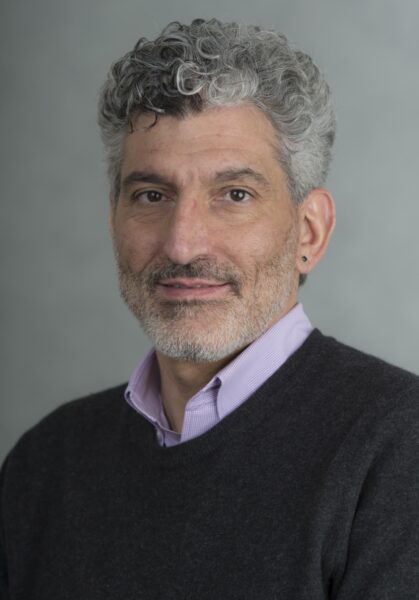
This disorder is desperately in need of novel treatments. With more insight into the mechanisms of OCD, we may find new therapy ideas, or identify compounds or targets that would work better.
Stephanie C. Dulawa, Ph.D., Department of Psychiatry and Behavioral Neuroscience, The University of Chicago
Human geneticists have been trying for years to identify genes responsible for OCD. Now they have. With a 2013 BRF seed grant, Stephanie C. Dulawa, Ph.D., has led research that may reveal how the top two genes linked to OCD contribute to its development.
With the data that emerges, she hoped to convince the National Institutes of Health (NIH) of the potential for further research seeking new insights and more effective treatments. As it is, current therapies leave many unrelieved of OCD’s haunting symptoms.
OCD: chronic and relentless.
OCD is a common brain disorder that is debilitating and, genetically, highly complex. People with OCD struggle daily with compulsions and obsessions such as unwanted thoughts or images and repetitive behaviors. A simple task that most people accomplish in minutes, like combing one’s hair while looking into a mirror, for someone with OCD can turn into an inescapable ritual lasting hours.
Available treatments not always effective.
Some people successfully manage OCD through a type of cognitive behavioral therapy called exposure and response prevention, but not everyone can tolerate it. “Many patients experience high levels of distress with this therapy. But some are able to endure the process and achieve good results,” Dr. Dulawa said.
Medication is often prescribed to treat OCD. Dr. Dulawa explained that a type of antidepressant called serotonin reuptake inhibitors seem to work best, but are effective for roughly half of patients and, at best, reduce symptoms about 50%. “We really want to do better than that.”
Doing better by understanding gene function.
Using techniques that Dr. Dulawa developed previously, the research team planned to observe two groups of mice: one that lacks the BTBD3 gene and one that lacks DLGAP1. They were to look for phenotypes: any observable evidence that has relevance to OCD. For example, the team was to watch for repetitive behavior, and neuron activity in specific brain regions that are known to be dysfunctional in persons with OCD.
Dr. Dulawa said the team has observed a number of behavioral differences that appear to be significant, and she feels the study offers real promise. All of which makes her hopeful of being able to write a compelling proposal for large-scale funding from the NIH to pursue the study further.
BRF funding: “absolutely essential.”
Meanwhile, Dr. Dulawa emphasized, her 2013 BRF grant is all the more important. Despite her strong track record, including prior support from the National Institute of Mental Health and a 2007 BRF seed grant, and her status as a principle investigator (PI) at a major university, Dr. Dulawa finds it increasingly difficult to stay funded. This difficulty—experienced by so many researchers—is one of the reasons BRF remains firmly committed to funding innovative research.
“Suddenly, a lot of funding has dried up. It’s extremely stressful,” she said. “Most PIs today spend a ton of their time just writing grant proposals. It takes away from the science, unfortunately. That’s why support from the BRF is absolutely essential.”




